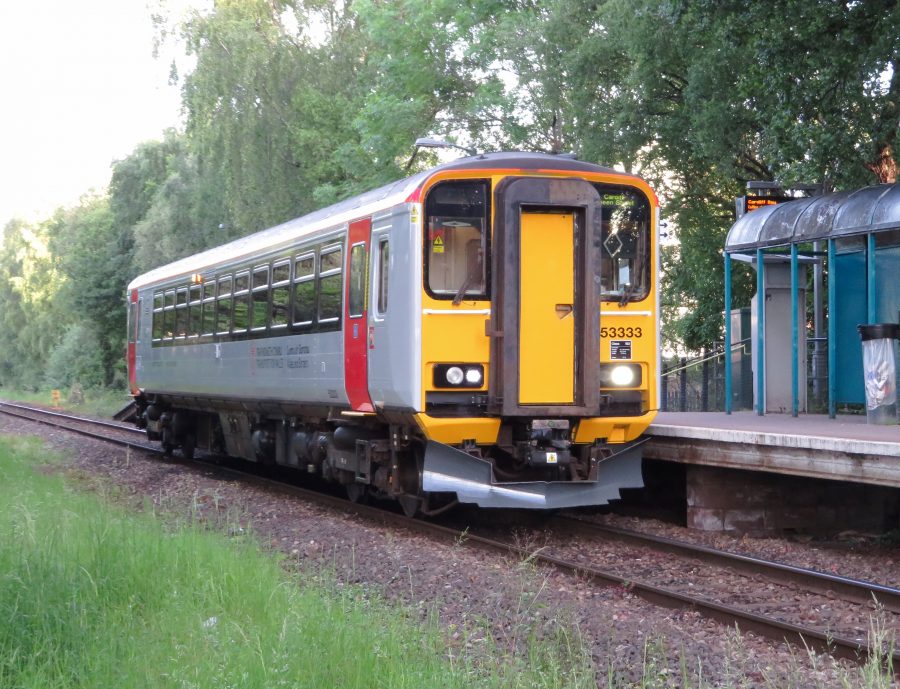Transport for Wales (TfW) has found itself in troubled waters after failing to deliver on its promise of modernising the train fleet by 2023, a commitment which stated 95% of the train stock would be replaced with new trains. The failure marks five years since TfW assumed control of the rail franchise for Wales from Arriva in 2018, a tenure mired in persistent customer dissatisfaction due to aging trains, tardiness, and frequently cancelled services.
The latest critique comes from Plaid Cymru, who expressed its discontent with the Welsh Government’s management of TfW. The party lamented the enduring issues of “old trains, late trains and customer dissatisfaction,” demanding a significant uplift in the quality of service provided to passengers.
Last month, TfW was designated as Britain’s worst-ranked rail operator in terms of overall customer satisfaction by Transport Focus, the independent watchdog for transport users. The Rail User Survey divulged a precipitous drop in overall satisfaction to 72 per cent, making TfW the lowest-ranked among the 15 rail operators included in the survey. Punctuality, reliability, and service frequency emerged as the sore points, with TfW languishing in the 15th place across these critical categories.
As we near the end of 2023, only a meagre 29% of TfW’s services are being operated with new trains, a far cry from the ambitious 95% target set out initially. The stark shortfall draws a bleak picture of the rail service, despite TfW’s assertion of making “good progress” on the £800m new train fleet.
The transport woes have fueled a bitter political discourse. Lee Waters, the Welsh minister responsible for transport, recently posited a grim outlook, stating that trains in Wales are likely to become “less reliable in the next five years” due to funding shortfalls from Westminster. This comment triggered accusations from critics, pointing to a “real lack of a plan and ambition for rail in Wales.”
Delyth Jewell, Plaid Cymru’s transport spokesperson, articulated the party’s frustration over the perceived inertia, blaming both the Labour Welsh Government and Westminster for the lacklustre progress. She highlighted the “empty promises on investment” from Westminster, mentioning the abandoned electrification of rail lines and the scrapped HS2 project as significant setbacks.
TfW acknowledged that some original targets, including the ambitious 95% new train target by 2023, have been revised owing to the pandemic and other unforeseen circumstances, impacting supply chains and infrastructure delivery. In a bid to cast a more positive light, TfW mentioned a 20% increase in rail services and a £33m investment in station upgrades over five years.
Nonetheless, as the blame game between Cardiff and Westminster intensifies, and with passenger dissatisfaction festering, the calls for a comprehensive strategy to revamp Wales’ rail infrastructure grow louder. Amid the political tussle, it’s the common passenger who continues to bear the brunt of a rail service that, as of now, seems to be running off the tracks.
















